Review
Why Is My Ice Maker So Loud? How To Fix
Thanh Nga
Updated on June 13, 2025
5 min read
Why is my ice maker so loud? If you're hearing strange or unusually loud noises from your ice maker, it's likely more than just a minor inconvenience—it could be a warning sign of an underlying issue. Sounds like buzzing, knocking, grinding, or screeching often indicate specific problems that need attention.
Ice makers contain various mechanical and electrical components that can wear out or come loose over time. Understanding what these noises mean can help you troubleshoot early and prevent a small issue from turning into a costly repair.
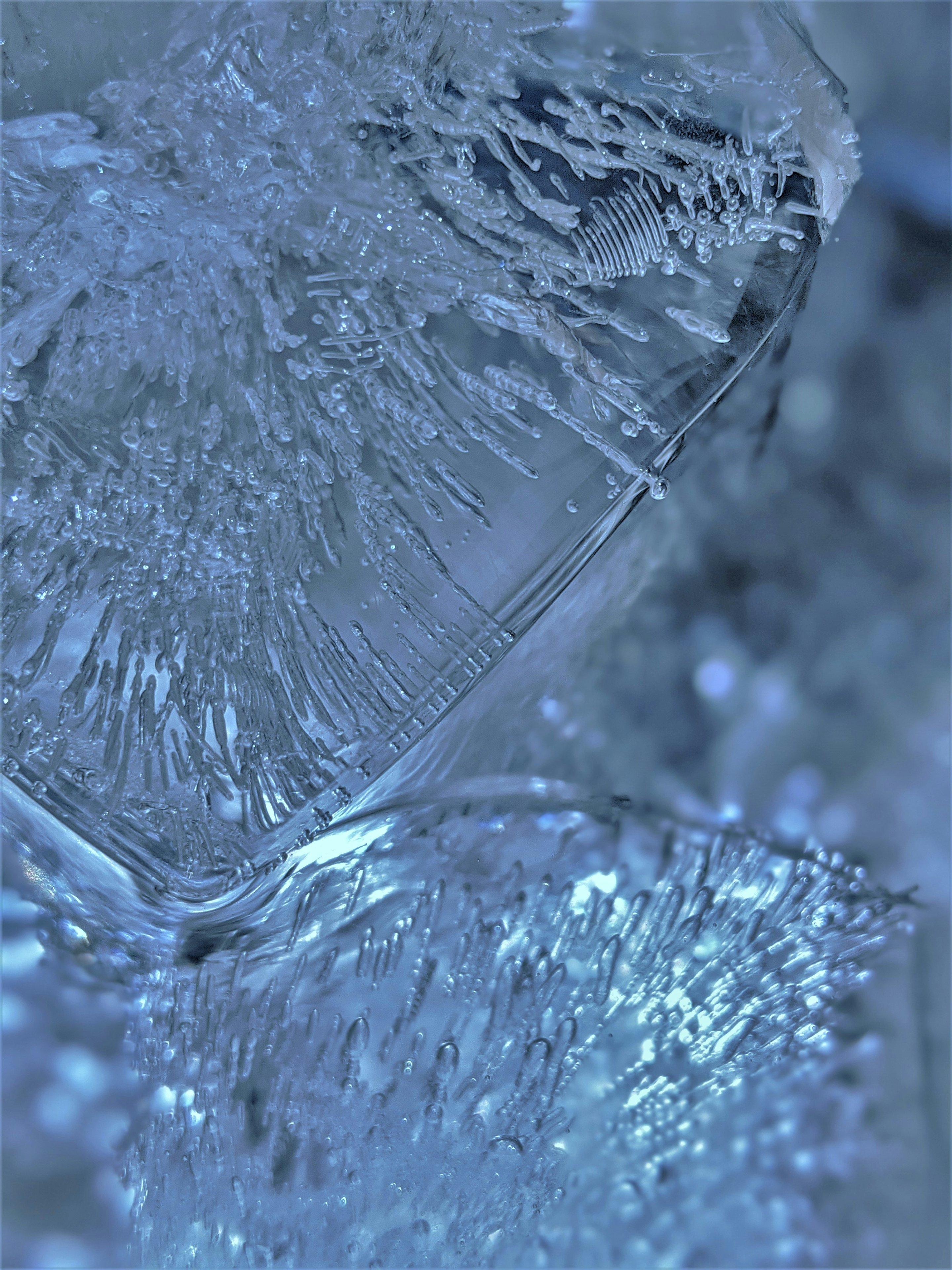
Normal Operating Sounds
Before assuming something is wrong, it's important to recognize that some sounds from your ice maker are completely normal :
- Buzzing or Humming: This typically happens when the water valve opens to fill the ice mold.
- Clicking: Occurs when internal components engage, such as the thermostat or ejector arms.
- Cracking or Popping: Caused by ice expanding and contracting in the mold, especially in freezer-based units.
- Rattling: May be due to the water line vibrating against the back of the appliance.
If you're wondering "why is my ice maker making noise?" , check if it's one of these harmless sounds first.
Unusual or Loud Ice Maker Noises That May Indicate a Problem
Sometimes your ice maker may produce loud or unusual sounds that are not part of normal operation. Here are some common types of these noises and what they generally sound like:
- Loud Banging or Knocking
This noise often sounds like sharp bangs or knocks coming from inside the ice maker. It can be repetitive and quite loud, resembling something hitting metal or plastic parts. - Grinding or Screeching Sounds
A grinding noise is a harsh, rough sound similar to metal rubbing against metal. Screeching is a high-pitched, piercing noise that can be quite irritating and continuous while the ice maker runs. - Constant Clicking or Ticking
This is a repetitive clicking or ticking sound that happens regularly during the ice maker’s cycle. It can be quick and sharp or slower, often rhythmic. - Hissing or Sizzling
These sounds are soft and steady, resembling steam escaping or water sizzling on a hot surface. They may come and go during the ice maker’s operation. - Vibrations or Rattling
Vibrations feel like gentle shaking or buzzing, often accompanied by a rattling noise — a loose, knocking sound from parts that may be moving or vibrating inside the unit. - Excessive Noise After Recent Installation
New installations can sometimes result in unusual loud noises like excessive vibrations, knocking, or sputtering sounds, especially when the system is still settling or air is being purged from the water lines.
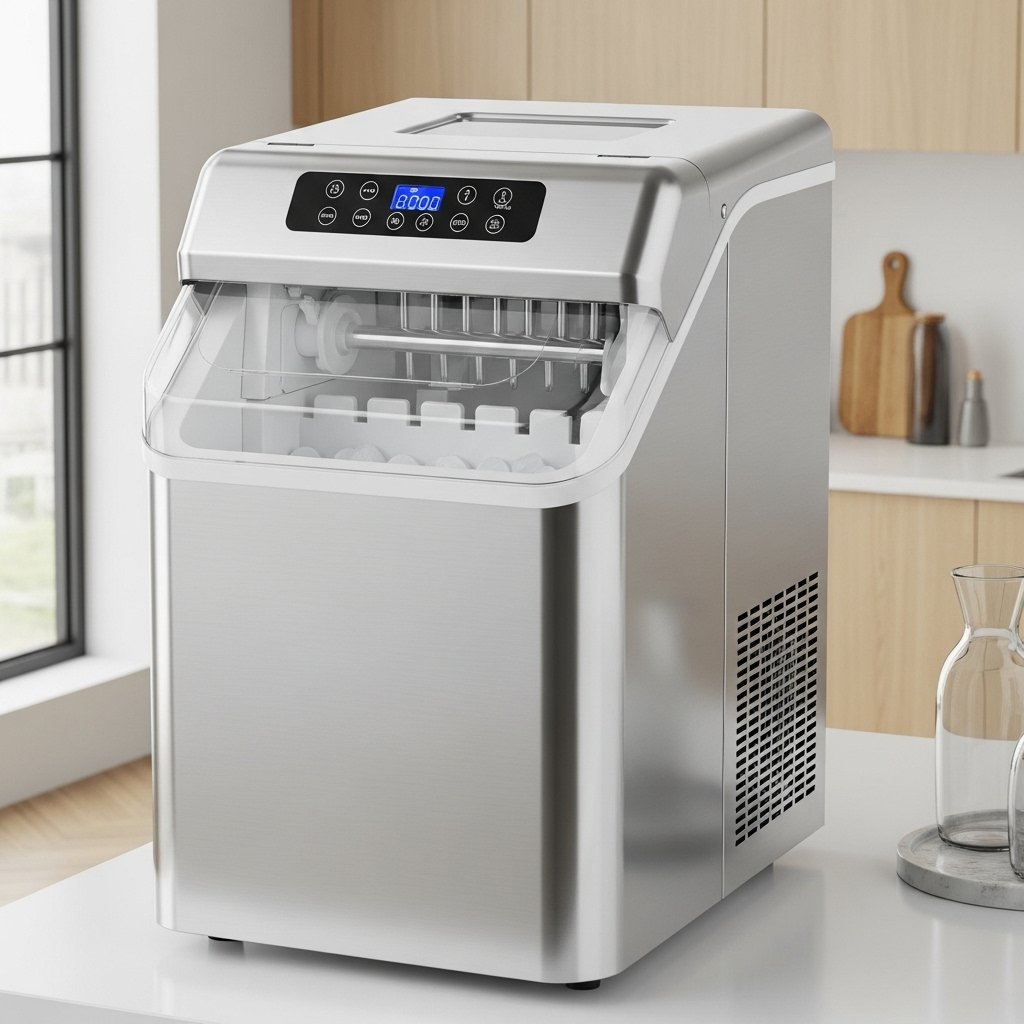
4 Common Issues Causing Noise and Reduced Performance in Ice Makers
An ice maker can be a convenient appliance, but sometimes they produce annoying noises or operate inefficiently. Here are the common reasons why your machine might be acting up and how to fix them, ensuring your ice maker runs smoothly and effectively.
1. Ice Maker Placement Problems
The Cause: Your ice maker isn't placed on a stable, flat surface. When the machine is uneven or wobbly, its vibrations during operation can create a loud noise.
The Fix: You can easily solve this problem by adjusting the feet on the bottom of the ice maker to ensure it's level and stable on any surface.
2. Ice Maker Cleaning Problems
The Cause: After extended use without regular cleaning, internal components of your portable ice machine—especially the water lines and filter screen—can accumulate significant amounts of dust, bacteria, and mineral scale. These deposits not only slow down the ice-making process , leading to longer production times, but also increase power consumption and water waste . Furthermore, if the internal refrigeration system becomes clogged with substances like scale and dirt, it will reduce the ice-making speed, worsen ice quality, and can even produce odors and bacteria , compromising hygiene.
The Fix: Regular cleaning and maintenance of your ice machine are essential.
- Basic Cleaning Steps:
- Power down the machine and prepare your cleaning supplies.
- Clean the water tank .
- Clean the ice-making compartment .
- Clean the water tubes and condenser .
- Wipe down the machine's exterior .
- Use Appropriate Cleaners: You can use vinegar or other specialized cleaning solutions to effectively remove scale and stains from water pipes and the condenser.
- For Specific Machine Types: Some ice makers may require servicing and adjustments by a professional to ensure optimal performance.
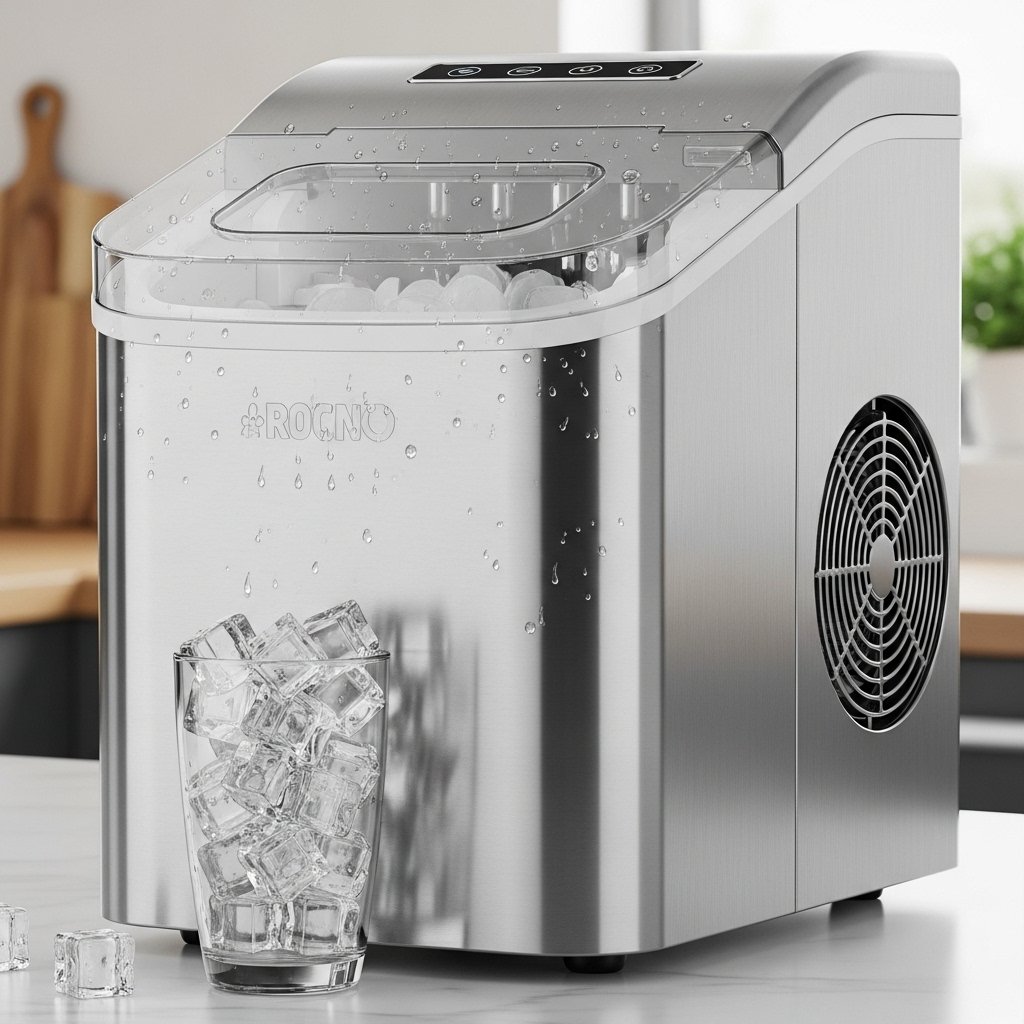
3. Ice Maker Aging and Damage
The Cause: Your ice maker might be old or damaged. If its internal components have deteriorated or been compromised in some way, it may produce more noise than usual. This issue can stem from various reasons, including but not limited to: power supply problems, damaged mechanical parts, or refrigerant leaks.
The Fix:
- Ensure the machine is placed smoothly . Check for leaking solenoid valves and, importantly, look for any signs of refrigerant leaks .
- If the ice maker suddenly becomes very noisy, try checking for loose fan blades or screws , as well as any deformation in the ice maker's chassis .
- Should the ice maker's compressor be broken , it is highly recommended to contact a professional repair technician for inspection and repair.
4. Ice Maker Environmental Problems
The Cause: Low ambient temperatures in the ice maker's operating environment can negatively impact its performance and efficiency. Normal ice maker operation relies on a specific ambient temperature range. If the temperature is too low, the refrigeration efficiency can suffer, leading to slower ice production, poorer ice quality, and even increased noise. For instance, lowering the water inlet temperature or the ambient temperature around the refrigeration equipment will significantly affect its cooling efficiency.
The Fix:
- Ensure your ice maker is placed in a well-ventilated area with safe and clean surroundings. Avoid placing it in direct sunlight or rain .
- Adjust the ground screws at the bottom of the machine to ensure it is level and stable , which facilitates proper heat dissipation and maintenance.
- Control the water inlet temperature and the ambient temperature for the ice maker within a suitable range.
- Ensure there is enough space around your countertop ice machine for adequate air circulation.
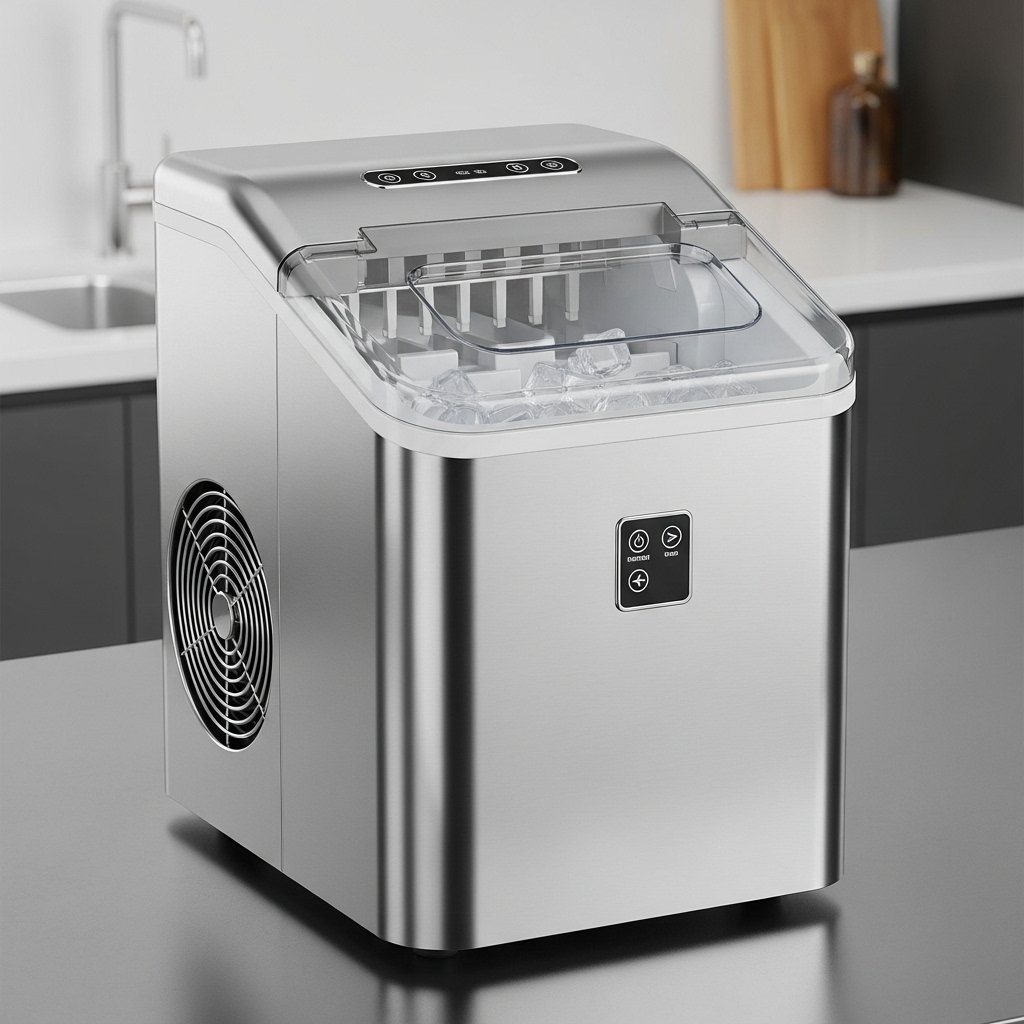
Conclusion
If your ice maker is making strange or loud noises, don’t ignore it—many issues can be fixed with a quick inspection or a simple part replacement. Whether it’s a malfunctioning motor , worn ejector blade , faulty inlet valve , or loose water line , addressing the issue early can prevent a total breakdown.
Looking for replacement parts?
AZParts provides high-quality, compatible refrigerator parts for popular brands like Kenmore, Whirlpool, GE, and more. Whether you need a new ice maker motor , water inlet valve , or complete replacement module , AZParts has what you need—shipped fast and ready to install.
AZParts provides high-quality, compatible refrigerator parts for popular brands like Kenmore, Whirlpool, GE, and more. Whether you need a new ice maker motor , water inlet valve , or complete replacement module , AZParts has what you need—shipped fast and ready to install.
Ice maker
Further Reading
Further Reading


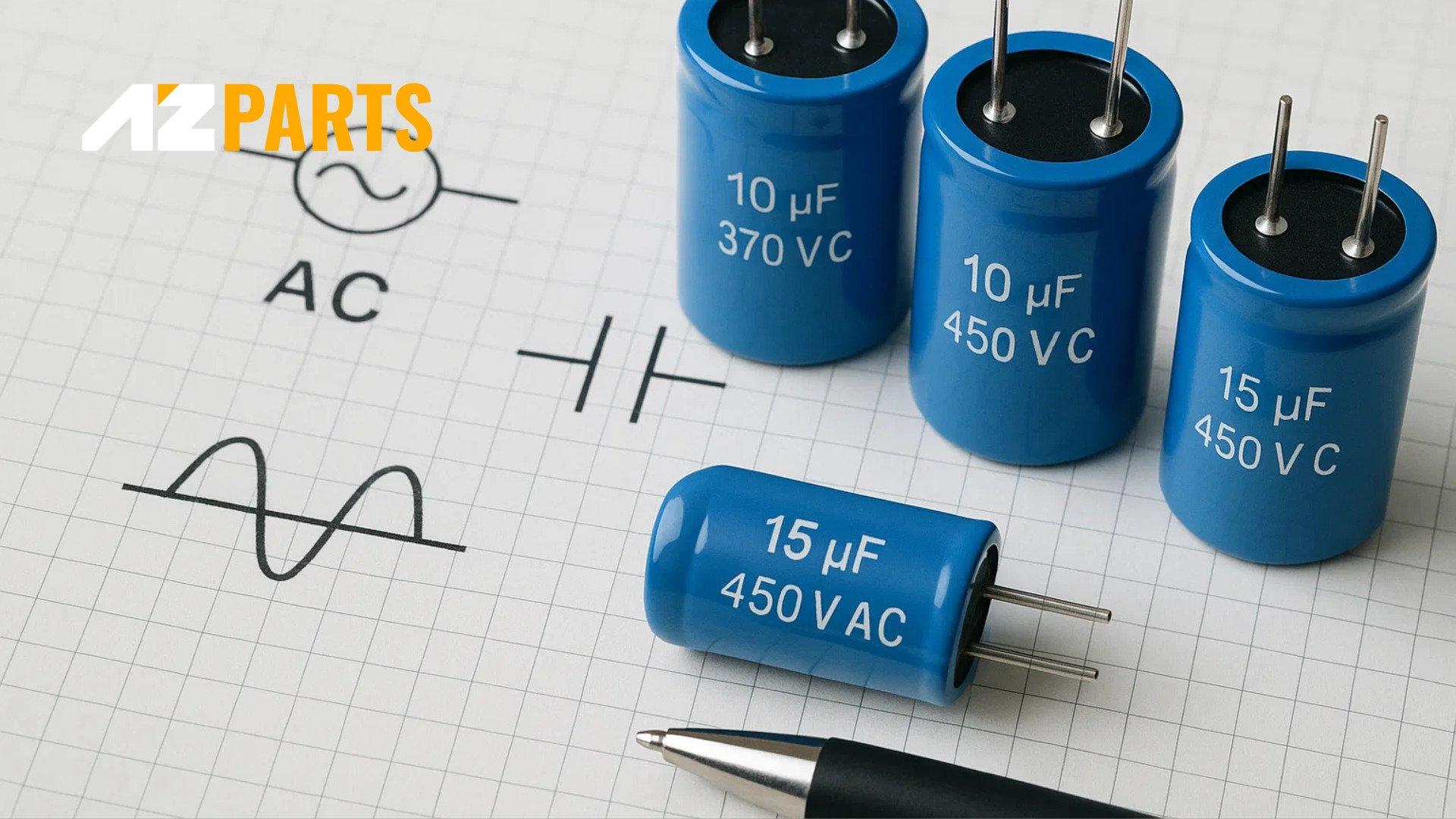
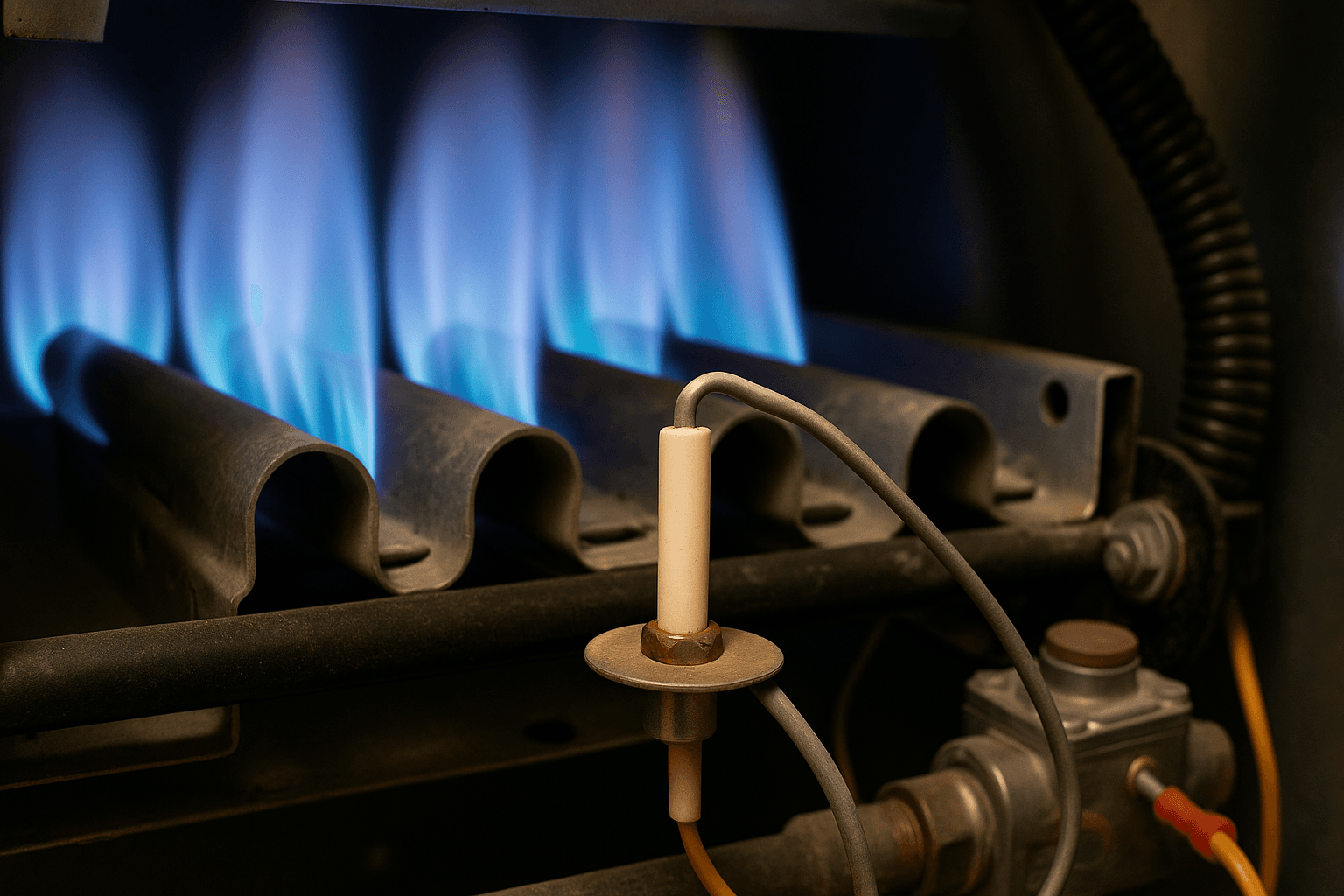
_1751529906.jpg&w=3840&q=75)
